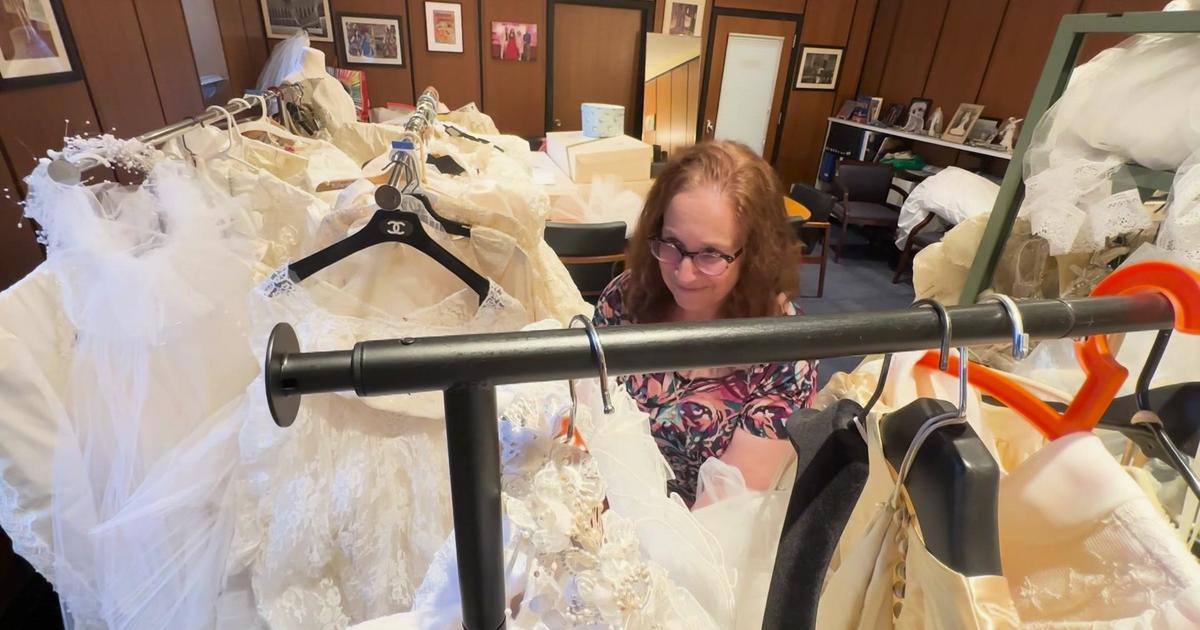HealthWatch: Vitamin D And Calcium
NEW YORK (CBS 2) -- For the past several years, Vitamin D has been the "it" vitamin, with studies suggesting large doses could not only boost bone health, but may also prevent cancer, diabetes and other conditions. However, as Dr. Holly Phillips reports, long-awaited new guidelines show mega doses of the vitamin may not help.
When 15-year-old Sam Cox broke his foot nine months ago playing basketball, he got another diagnosis he didn't expect. "She said I'd have to stay off my foot for awhile, and she told me I was a little Vitamin D-deficient," he said.
For years, there have been concerns that Americans weren't getting enough Vitamin D, and now a new report from the Institute of Medicine finds the average person is actually getting the right dose.
"The good news is most of those individuals are already consuming close to that amount and reaching blood Vitamin D levels that we think are adequate to maintain bone health," said Dr. Clifford Rosen of the Maine Medical Center Research Institute and co-author of the study.
The Institute of Medicine said the average person needs no more than 600 international units of Vitamin D a day. That's about six glasses of milk.
And while slightly higher than current recommendations, it's far below the mega doses some doctors recommend.
Turns out most of us are getting enough Vitamin D through diet and the sun. Sunlight turns cholesterol into Vitamin D and triggers the natural production of Vitamin D in the skin.
Calcium and Vitamin D work together to build strong bones.
The report finds adolescent girls are on group that may not be getting enough and older women may be taking too much, putting them at risk for kidney stones.
Experts say mega doses of Vitamin D or calcium can be harmful and could even increase your risk of certain cancers or heart disease.
"It should heighten your awareness, not to take too much or too little of anthing, be mindful of your diet, to take a second look at your diet, to make sure you're supplementing," said Pediatric Orthopedic Surgeon Dr. Shevaun Doyle of the Hospital for Special Surgery.
Sam is now keeping his Vitamin D levels in check. "I'm always cautious of what I do and what I eat so I can have a buildup of Vitamin D," he said.
He doesn't want to have to sit on the sidelines again.
A simple blood test done in your doctors office can tell you whether or not you have a Vitamin D deficiency, and while sunlight is a valuable source of the vitamin, you don't need to sunbathe hours a day to get the benefits.
Just five minutes of exposure is enough to raise your levels.



